The best characters created Charles Dickens, still utterly unforgettable even 150 years after his death
Charles Dickens died 150 years ago, on 9 June 1870. Since then, Mr Micawber has become a byword for optimism, Scrooge for meanness and Uriah Heep for obsequiousness, and we still quote Mr Bumble’s ‘the law is an ass’. Rupert Godsal explains why these characters are so exuberantly unforgettable.
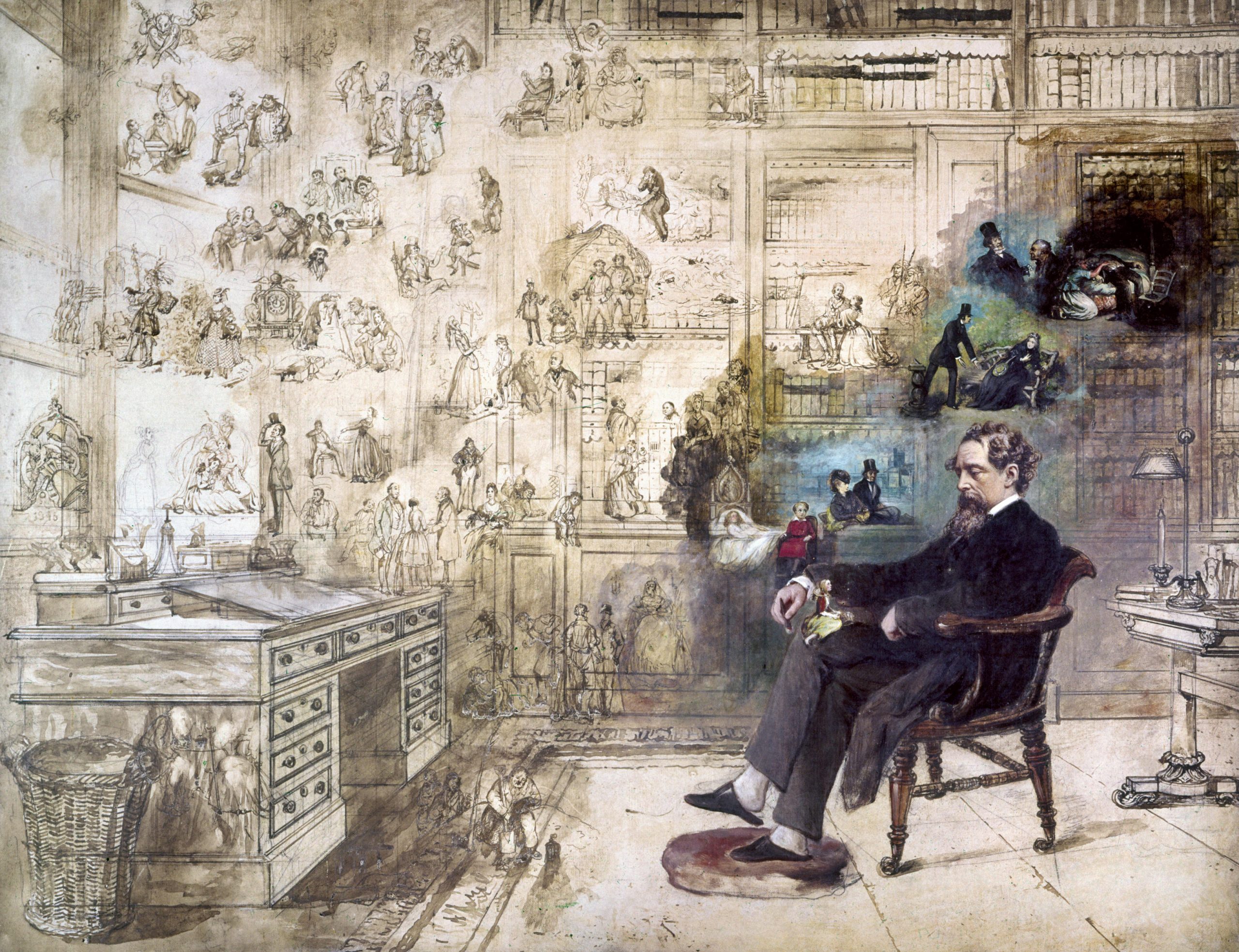

No proper adjective derived from an author’s name — Wodehousian, Shavian, Wildean — is deployed with quite such frequency as Dickensian. We refer to Dickensian conditions (austere and squalid), Dickensian systems (archaic) and even Dickensian fog (a dreary pea-souper hanging damply in the air).
We speak of people being Dickensian in character, which might be, by turns, absurd, humorous or tragic, but, above all, memorable. If asked to name 10 characters from Trollope or Scott, many of us would struggle. Dickens is another matter.
[READ MORE: The life and times of Charles Dickens]
The names themselves are an art form: Susan Nipper, The Artful Dodger, Wackford Squeers, M’Choakumchild, Mrs Sowerberry, Anne Chickenstalker, Mr Guppy, Nicodemus ‘Noddy’ Boffin — each instantly conjuring an image. Uriah Heep (‘the ’umblest person going’) is the epitome of oily evil; the Veneerings are all front and social climbing; Allan Woodcourt, upstanding and a quiet pillar of strength.
There’s pompous Mr Bumble, the weak, oafish Noah Claypole and everyone knows what Scrooge is. And then there are the minor characters whose appearances are few, but whose names and characteristics are so striking: Mr Grimwig, Mr Creakle or Mr Pumblechook; Mrs Pardiggle, Polly Toodle or Flora Finching — they could all be major players in another story. Some say that Dickens over-egged the pudding, but his characters are not far-fetched — all of us know someone who is larger than life.
"Extreme they may be, but we feel for Dickens’s characters"
Reviewing Jeanette Winterson’s autobiography Why Be Happy When You Could Be Normal?, Daisy Goodwin wrote: ‘Physically huge and 20 stone, and often wearing an electric corset that beeped when it overheated, Mrs Winterson, with her “revolver hidden in the duster drawer, and the bullets in a tin of Pledge” ready for the Armageddon, was a character that even Dickens might have thought a little over the top.’
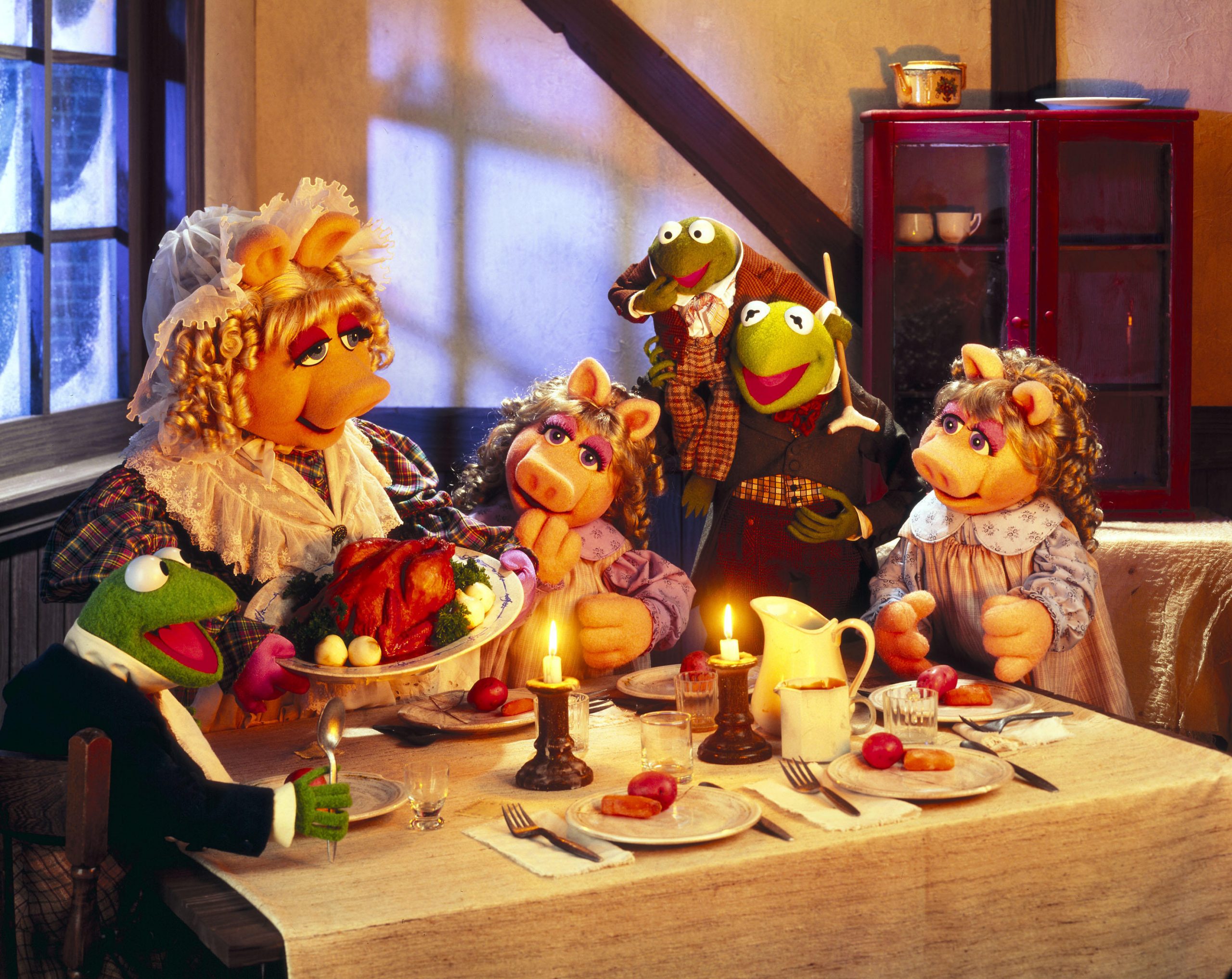
Extreme they may be, but we feel for Dickens’s characters. He has been criticised for over-sentimentality, but who wouldn’t be affected by the death of crossing sweeper Jo in Bleak House? Or the selflessness and loyalty of Miss Pross, willing to take on the formidable Madame Defarge (what a personification of evil she is) in defence of her ‘Ladybird’ Lucie in A Tale of Two Cities? Or by the innate goodness of Joe Gargery in Great Expectations, always ready to forgive?
Sign up for the Country Life Newsletter
Exquisite houses, the beauty of Nature, and how to get the most from your life, straight to your inbox.
I have a soft spot for the Bagnet family from Bleak House. None is a major character, but all are likeable, real and amusing. Mr Bagnet is a former artilleryman who plays the bassoon ‘tall and upright, with shaggy eyebrows and whiskers like the fibres of a coconut, not a hair upon his head, and a torrid complexion’.
"Daniel Quilp in The Old Curiosity Shop has a ‘ghastly smile… appearing to be the mere result of habit and to have no connection with any mirthful or complacent feeling’."
His three children are named after the barracks in which they were born: Woolwich, Quebec and Malta. Mrs Bagnet, ‘a little coarse in the grain, and freckled by the sun and wind; but healthy, wholesome, and bright eyed’, is the brains of the family. When his friend Mr George comes for advice, Bagnet sums it up: ‘George, You know me. It’s my old girl that advises. She has the head. But I never own to it before her. Discipline must be maintained. Wait till the greens is off her mind. Then we’ll consult. Whatever the old girl says, do — do it!’
Dickens is the master of evoking a character in the minimum of words: ‘She was a little dilapidated, like a house, with having been so long to let’ (Miss Dartle, David Copperfield); ‘an angular man’ with ‘no conversational powers’ (Mr Grewgious, The Mystery of Edwin Drood). Daniel Quilp in The Old Curiosity Shop has a ‘ghastly smile… appearing to be the mere result of habit and to have no connection with any mirthful or complacent feeling’.
Old Chuffey in Martin Chuzzlewit ‘looked as if he’d been put away and forgotten half a century before, and somebody had just found him in a lumber-closet’, and Miss Murdstone in David Copperfield is summed up by her handbag: ‘She kept the purse in a very jail of a bag which hung upon her arm by a heavy chain, and shut up like a bite.’
Dickens loved writing for, being on and directing for the stage. Perhaps his characters stick in the national psyche because they were created by an actor and lent themselves to being portrayed on stage and, later, screen. As Claire Tomalin says in her excellent 2011 biography: ‘All his writing is theatrical, his characters are largely created through their voices, and in due course he re-created them for public performance and spoke the lines on stage himself.’
Many of his books were dramatised as they appeared — Barnaby Rudge was on at the Lyceum when the book was only half-written. Film and TV adaptations of the novels, of which there are legions, tend to be star-studded, unsurprisingly, considering what fun the characters must be to play. However, it’s not only the major roles that attract leading actors — remember Phil Davis’s memorable turn as Smallweed in Bleak House (‘Shake me up, Judy!’).
There have been well over a dozen versions of Great Expectations since 1917, with a distinguished list of Miss Havishams: Margaret Leighton, Joan Hickson, Anne Bancroft, Charlotte Rampling and, more recently, Helena Bonham Carter. Gillian Anderson’s Miss Havisham (in 2011) was more convincing than many — younger, madder, smaller.
Alfonso Cuarón’s intriguing 1998 take on the same work, set in 20th-century America, provides a fascinating contrast; the story still works, with Gwyneth Paltrow as Estella and Robert De Niro emerging from the sea as the chilling convict Magwitch, which shows how easily Dickens can be adapted.
Only last year, the satirist and director Armando Iannucci gave his take on Dickens with the film The Personal Life of David Copperfield, starring Dev Patel in the title role, Peter Capaldi as Mr Micawber and Tilda Swinton as Betsey Trotwood.
A more extreme example was when Miss Piggy turned her trotter to the role of Mrs Cratchit in The Muppet Christmas Carol (1992). It really shouldn’t work — and some would argue that it doesn’t — but for me it does. The fact that these characters can be changed to such an extent yet still retain the essence of the original shows the strength of that original.
Everyone has their favourites and, doubtless, there are many omissions here, even if, without any difficulty, this article mentions some 60 of Dickens’s creations. But where are Sam Weller, Mr Dick and Mrs Gamp, Smike and Inspector Bucket? This only serves to emphasise the genius of Charles Dickens.

Inside Haworth: The humble parsonage where the Brontë sisters changed literature
Some of our most enduring stories were conceived at Haworth – Jeremy Musson enjoys a literary pilgrimage.
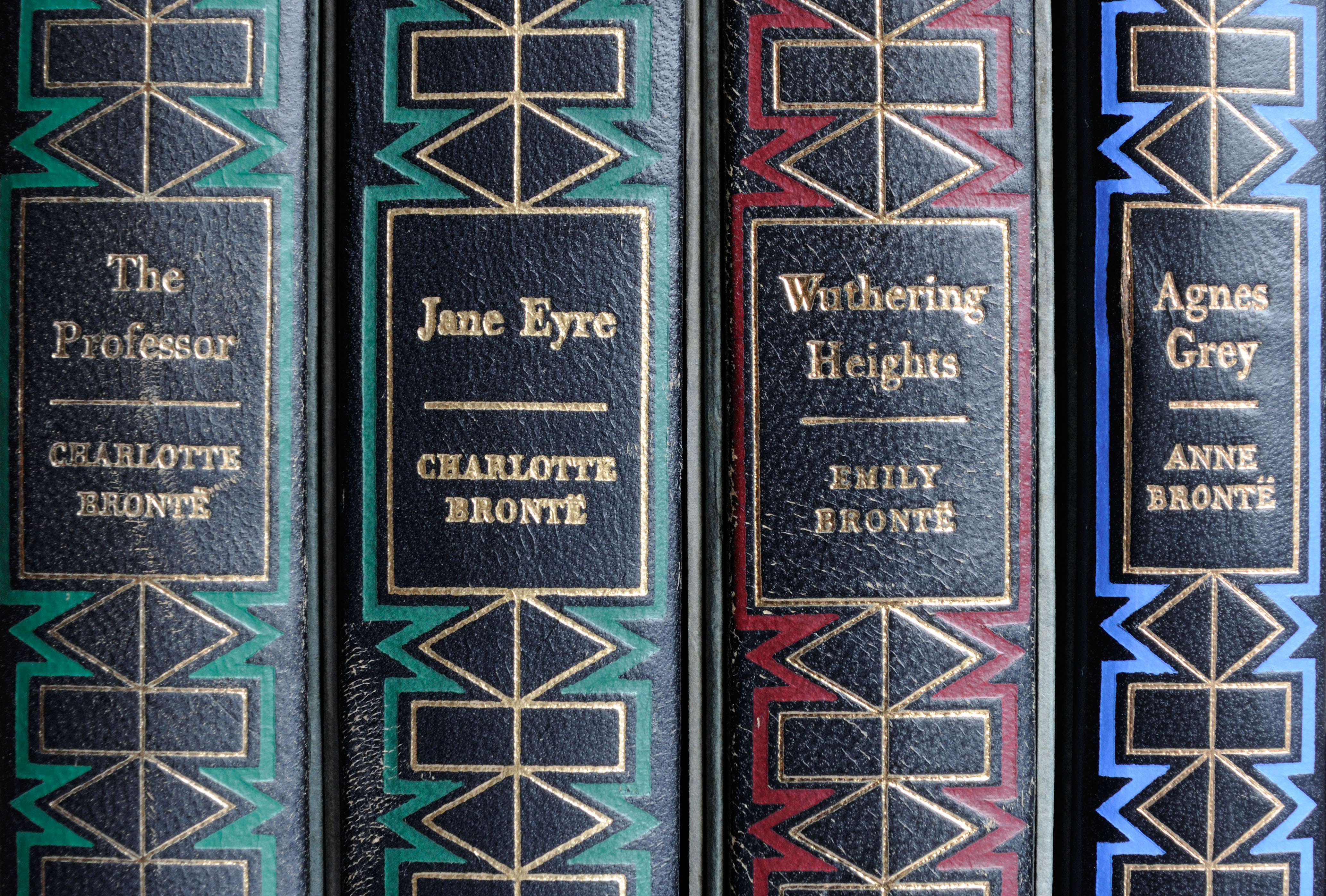
Credit: Alamy Stock Photo
Curious Questions: Would Anne Brontë be more famous without her two sisters?
To mark the forgotten Brontë’s 200th birthday, Charlotte Cory looks back at the life and works of this ‘runt of

The house for sale where Charlotte Bronte and Elizabeth Gaskell forged their lifelong bond
Two of Britain's greatest novelists, Charlotte Bronte and Elizabeth Gaskell, shared a close friendship – and it all began at
Country Life is unlike any other magazine: the only glossy weekly on the newsstand and the only magazine that has been guest-edited by HRH The King not once, but twice. It is a celebration of modern rural life and all its diverse joys and pleasures — that was first published in Queen Victoria's Diamond Jubilee year. Our eclectic mixture of witty and informative content — from the most up-to-date property news and commentary and a coveted glimpse inside some of the UK's best houses and gardens, to gardening, the arts and interior design, written by experts in their field — still cannot be found in print or online, anywhere else.
-
 Some of the finest landscapes in the North of England with a 12-bedroom home attached
Some of the finest landscapes in the North of England with a 12-bedroom home attachedUpper House in Derbyshire shows why the Kinder landscape was worth fighting for.
By James Fisher
-
 John Sutcliffe — The man, the myth and the paint-naming legend behind Dead Salmon and Elephant's Breath
John Sutcliffe — The man, the myth and the paint-naming legend behind Dead Salmon and Elephant's BreathBy Carla Passino
-
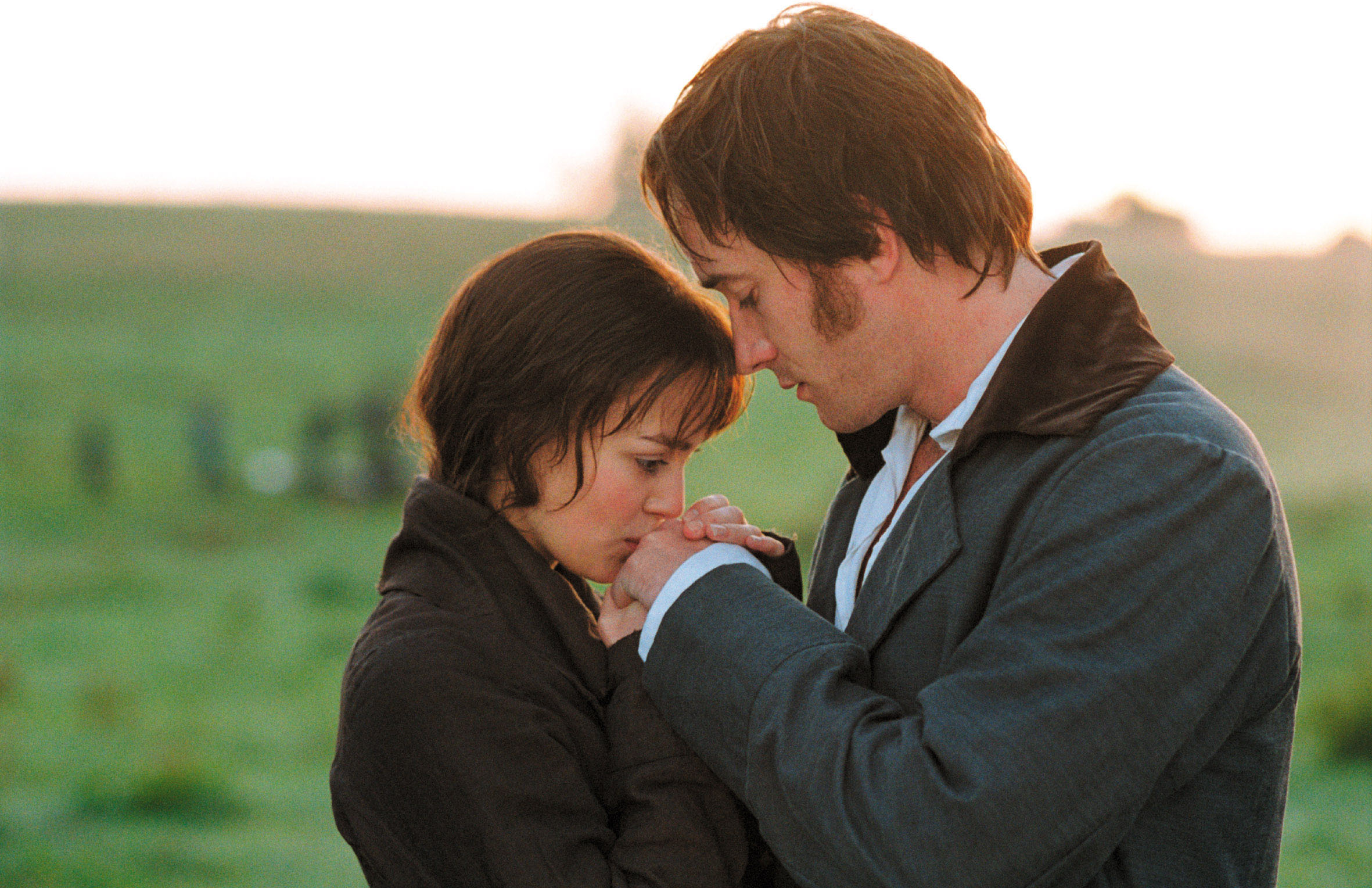 How to celebrate the 250th anniversary of Jane Austen
How to celebrate the 250th anniversary of Jane Austen2025 marks the 250th anniversary of Jane Austen's birth. Here are exhibitions, events and more — happening across the UK — that mark the occasion.
By Annunciata Elwes
-
 Unputdownable: 12 page turners to see you through the rest of the winter
Unputdownable: 12 page turners to see you through the rest of the winterFrom cookbooks to cricket, biographies to Sunday Times bestsellers, Country Life contributors name some of their favourite books from last year.
By Country Life
-
 J.R.R. Tolkien: The life and times of the lord of the books
J.R.R. Tolkien: The life and times of the lord of the booksFrom a sentence born of an exhausting teaching job, J. R. R. Tolkien crafted a series of fantastical novels that, 50 years on from his death, still loom as large in our imagination as Sauron’s all-seeing eye, says Matthew Dennison.
By Matthew Dennison
-
 Thomas Hardy's Wessex vs the real-life Dorset: Which bits are real, which dreams, and which are exact to the last stream and stile
Thomas Hardy's Wessex vs the real-life Dorset: Which bits are real, which dreams, and which are exact to the last stream and stileThomas Hardy’s depictions of a fictional Wessex and his own dear Dorset are more accurate than they may at first appear, says Susan Owens.
By Country Life
-
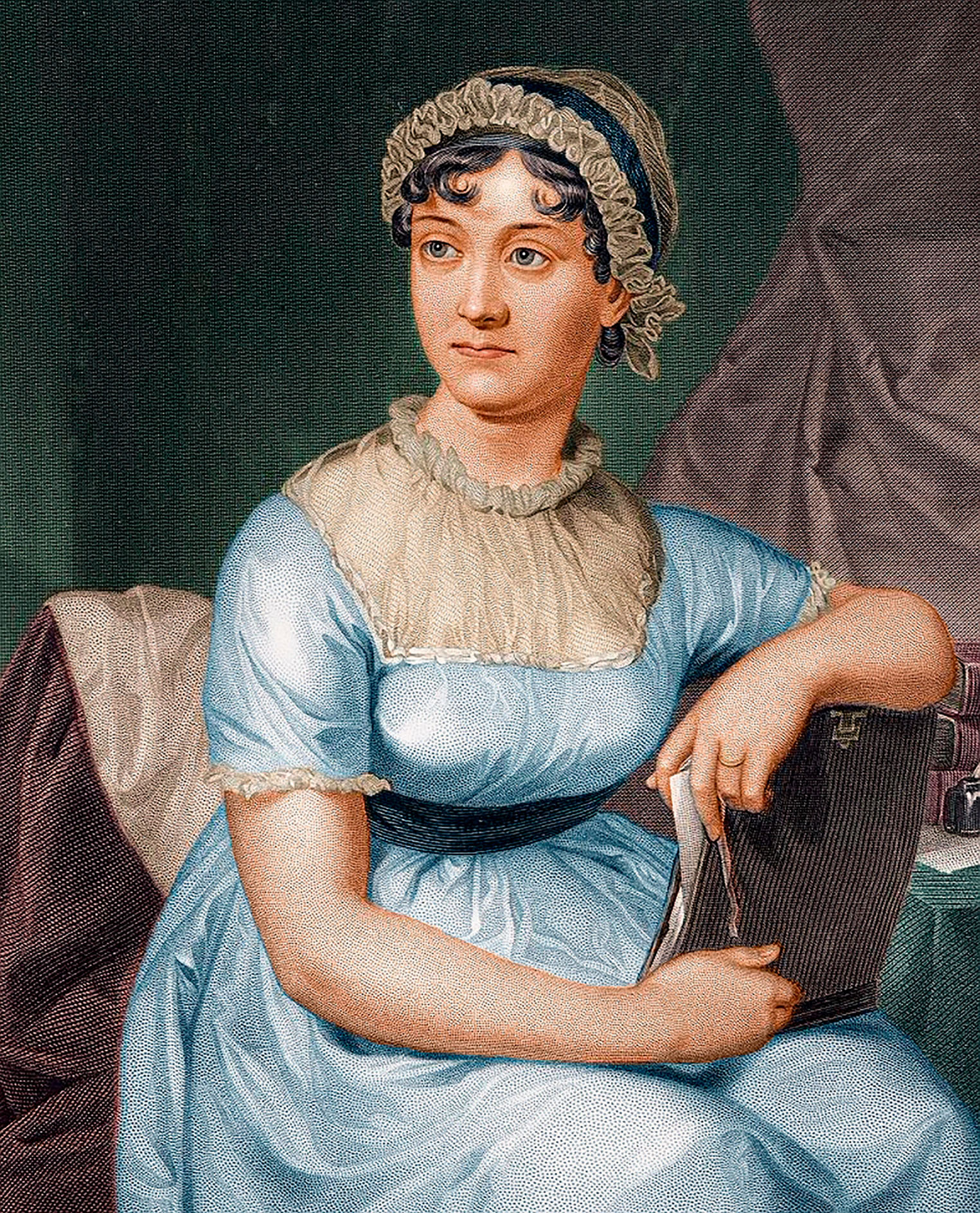 The English villages that are hotbeds of murder, intrigue and endless summer days — at least in the minds of novelists
The English villages that are hotbeds of murder, intrigue and endless summer days — at least in the minds of novelistsComforting yet complex, intriguing and alluring, the village setting is territory to which writers — and readers — will return again and again. Flora Watkins looks at how the customs, characters and communities of the English village have long sparked literary inspiration, from Jane Austen to Midsomer Murders.
By Flora Watkins
-
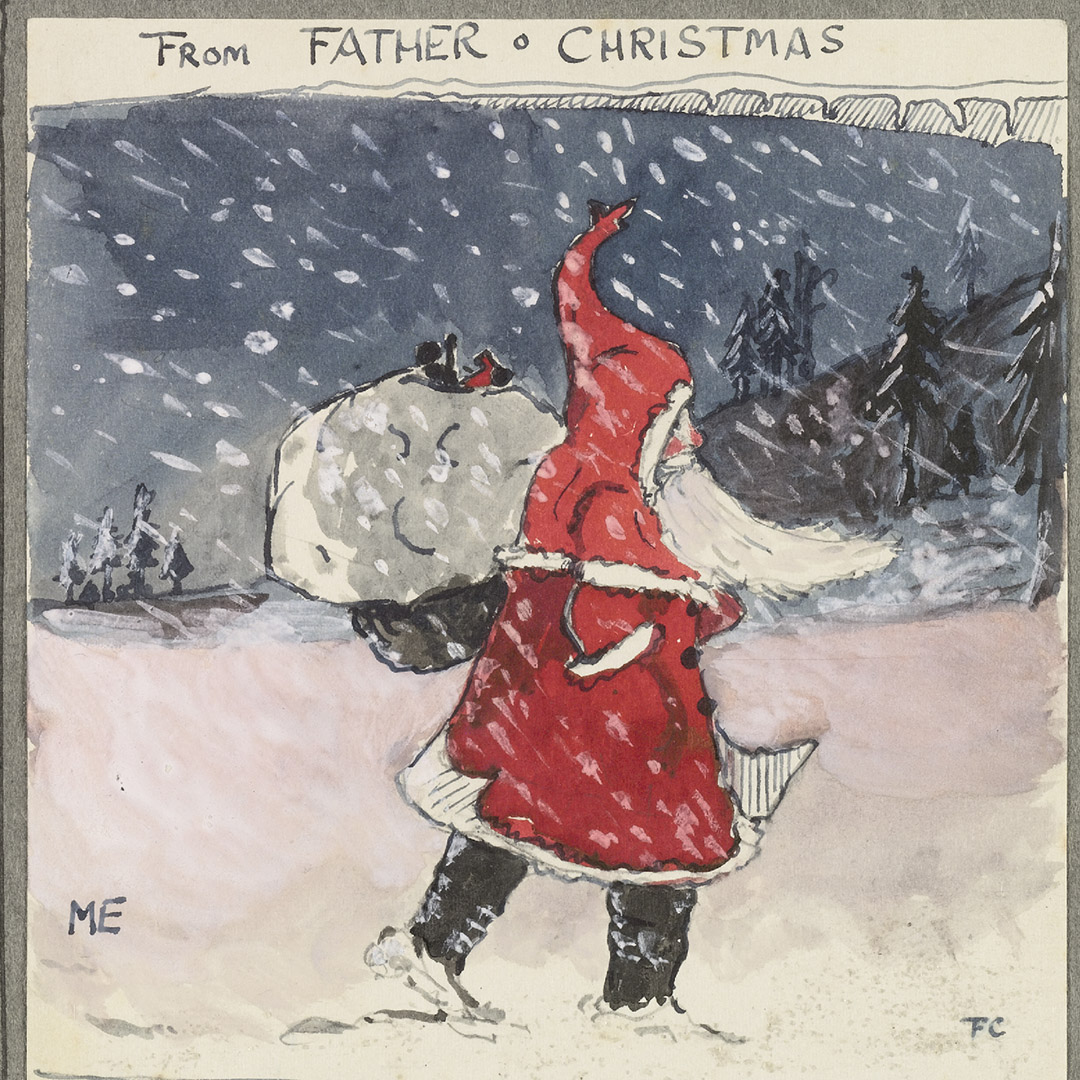 With love from Father Christmas: J.R.R. Tolkien's enchanting Christmas letters to his children
With love from Father Christmas: J.R.R. Tolkien's enchanting Christmas letters to his childrenFor nearly a quarter of a century, J. R. R. Tolkien sent his children elaborate letters and pictures from the North Pole. Ben Lerwill explores the penmanship, kindness and magic that went into Letters From Father Christmas.
By Country Life
-
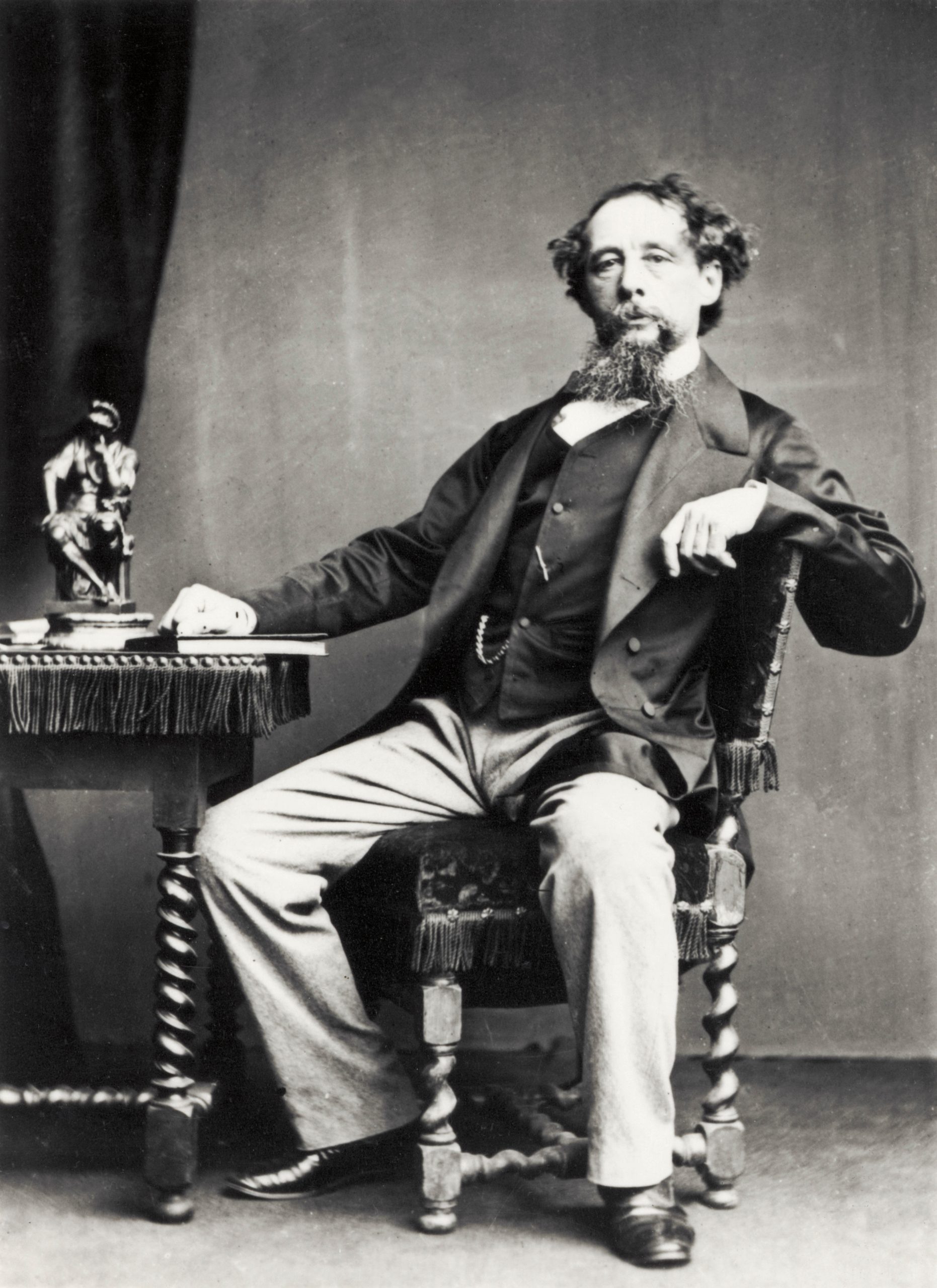 Charles Dickens timeline: The best of times, the worst of times
Charles Dickens timeline: The best of times, the worst of timesRupert Godsal paints the major events in the life and times of Charles Dickens, who died 150 years ago on 9 June, 1870.
By Country Life
-
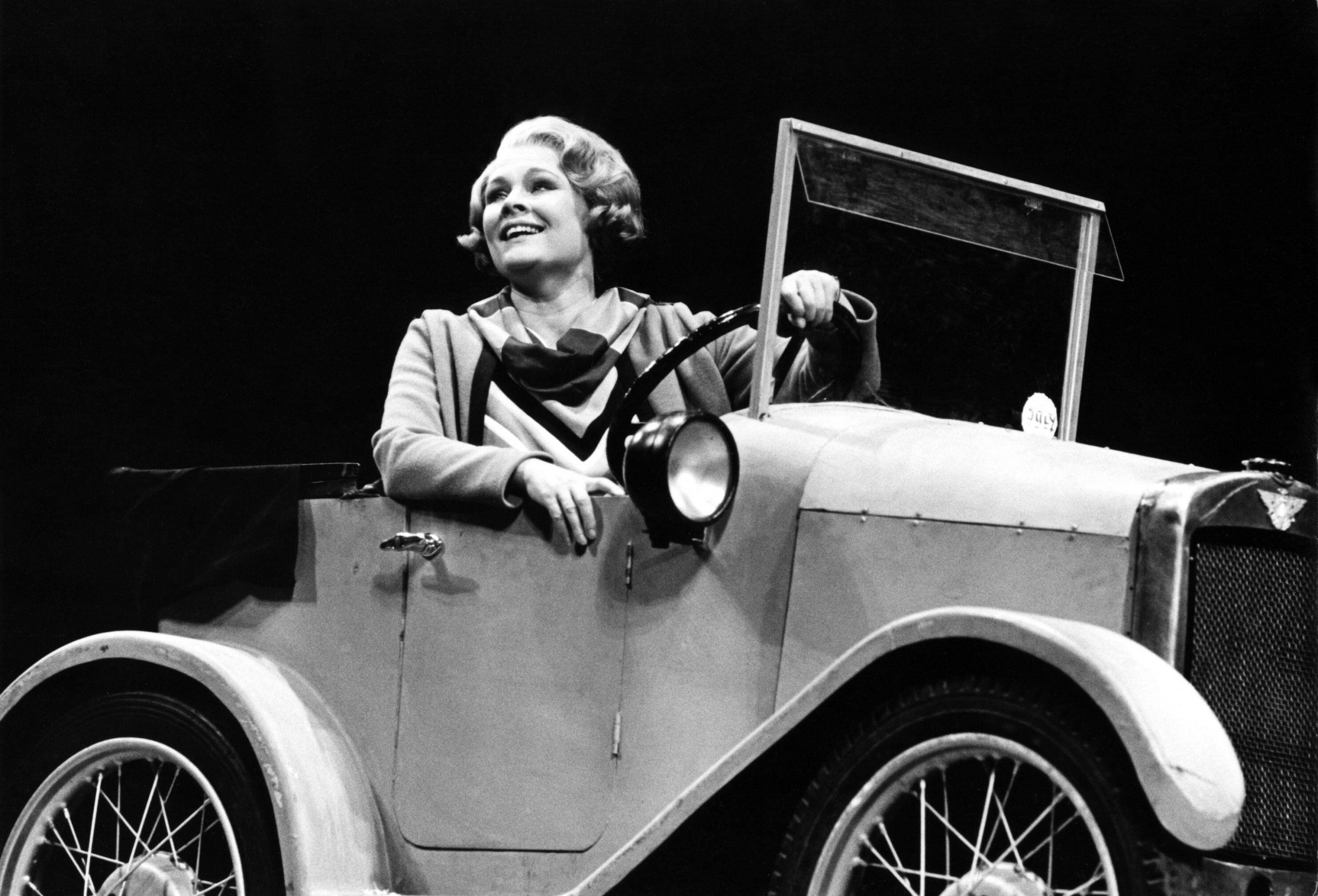 In Focus: The greatest books ever written about theatre, as chosen by Michael Billington
In Focus: The greatest books ever written about theatre, as chosen by Michael BillingtonMichael Billington has been the theatre critic for Country Life (and several other publications) for decades. With theatres closed, he's turned his hand to picking out his 10 favourite books about theatrical life.
By Michael Billington